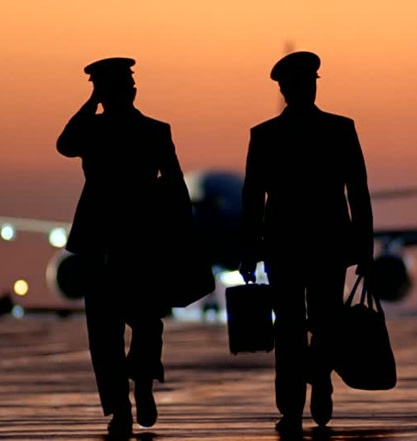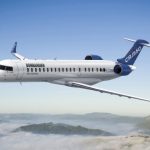Major Changes For Airbus as the A380 Era Comes to a Close
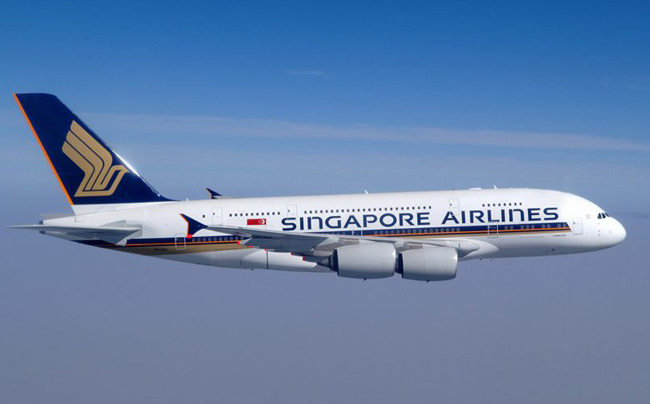
The European airplane manufacturer has recently announced significant changes in airliner orders and production.
Emirates Airlines announced that it recently concluded the review of airplane fleet strategy and changed its airplane orders as a result. The carrier is shifting from the A380 to twin-engine wide bodies.
As a result of Emirates reducing its order book of A380s by 39 airplanes Airbus announced in a press release that they will end production of the superjumbo jet in 2021.
“As a result of this decision we have no substantial A380 backlog and hence no basis to sustain production, despite all our sales efforts with other airlines in recent years. This leads to the end of A380 deliveries in 2021,” said Airbus Chief Executive Officer Tom Enders. “The consequences of this decision are largely embedded in our 2018 full year results”.
“The A380 is not only an outstanding engineering and industrial achievement. Passengers all over the world love to fly on this great aircraft. Hence today’s announcement is painful for us and the A380 communities worldwide. But, keep in mind that A380s will still roam the skies for many years to come and Airbus will of course continue to fully support the A380 operators,” Tom Enders added.
Emirates Fleet Change Not A Loss For Airbus
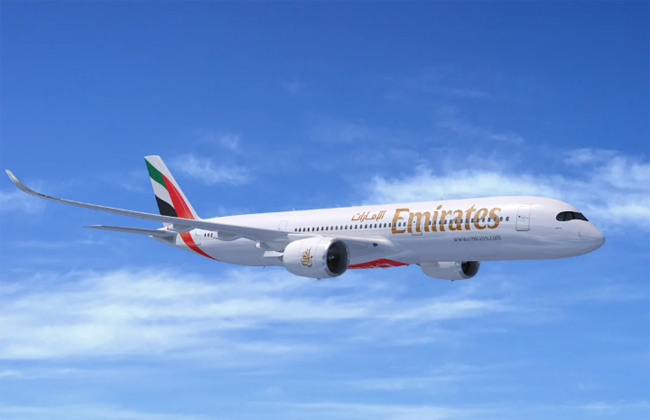
As part of the A380 draw-down agreement with Airbus Emirates announced that they had placed an order for 40 A330-900 and 30 A350-900 aircraft. The A330neo deliveries to Emirates will start in 2021 with the A350 deliveries starting in 2024.
Sheikh Ahmed bin Saeed Al Maktoum, Chairman and Chief Executive of Emirates Airline said of the deal “Emirates’ fleet strategy to operate a young, modern, and efficient all-wide body fleet remains unchanged. The 40 A330neos and 30 A350s that we are ordering today will complement Emirates’ fleet mix, support our network growth, and give us more flexibility to better serve seasonal or opportunistic demand. Both the A330neos and A350s will play an important role in our future fleet and network plans.”
Emirates intends to deploy the the A330neos on the carrier’s regional destinations. The airline said the airplane will allow them to serve smaller airports and open new routes in its global network. Emirates said the A350 will be used to supplement long-haul operations.
The Highs and Lows of the A380
The A380 program was officially launched in 2000. Since then the program that was once called “The pride of Europe” has gone through a tumultuous period of troubles and highlights.
Significant milestones in the A380 program include:
- Program launch for the airplane with 50 orders from Air France, Emirates, Singapore Airlines, International Lease Finance Corp, Virgin Atlantic, and Qantas Airways
- Airplane was rolled out to fanfare in 2005 with first flight taking place on April 27th of that year
- The A380 program was having significant issues in 2005 with cabin integration issues that would later delay the program by two years and add billions to the development cost
- The A380 entered service with Singapore airlines in 2007 and was lauded by passengers and the press for its ‘enormous quiet cabin’ and ‘more comfortable ride in turbulence’
- Even with the pioneering achievement of being the largest airplane in the world the A380 has struggled for orders over the years. Starting in 2019 there had been a total of 313 orders for the airplane
- Almost half of A380 order have been from just one airline – Emirates
- There are no A380s operated by a United States airline and only a few are being operated in China
- Previous CEO of Airbus, Fabrice Bregier said of the airplane that it had been introduced 10 years too early. Many industry analysts have said that perhaps the plane was 10 years too late as it entered service during the current era where twin-engine airplanes dominate long-haul flying
- Airlines have increasingly been returning leased A380s as their leases agreements matured. This forced Airbus into placing the future of the airplane in the hands of Emirates
Airbus Will Increase A320 Series Production
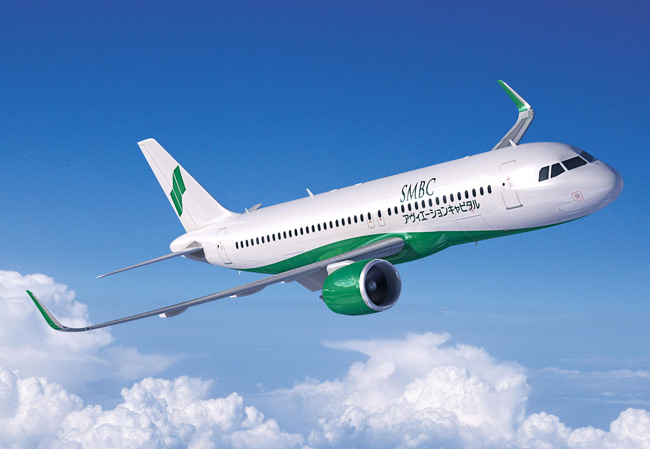
Airbus has recently confirmed that they will further increase the A320 family production rate with output increasing to 63 airplanes delivered per month in 2021.
Airbus had previously reported increases in A320neo production rates in 2018 due to the re-engined version of the airplane seeing significant sales success. At that time Airbus increased production from 55 airplanes per month to 60. The manufacturer said at that time that it was studying the possibility of a production rate as high as 75 airplanes per month.
Airbus has a backlog of 6,023 A320-family jets with 5,866 of those being the re-engined neo version. The neo orders include:
- 3,651 A320neos
- 2,160 A321neos
- 55 A319neos
Airbus A320neo is a Bright Spot For Airbus
Almost three years into the A320neo family production and the redesigned family has been a sales success.
Airline managers have commented on the airplane’s improved fuel consumption. Klaus Froese, chief executive of the Lufthansa’s Frankfurt hub said the fuel flow numbers are noticeable compared to previous A320 generations. “You notice [the fuel savings] when you fly the aeroplane – not just in terms of book-keeping at the office desk.”
Several airlines are reporting 16% to 21% fuel savings on a per-seat basis compared to their older Airbus narrowbody airplanes.
Airbus Order Changes Impact on Pilot Careers
Pilots working outside of the Middle East will not see significant job changes resulting from the A380 program cancellation. Few pilots in most regions of the world ever had a chance to fly the superjumbo jet.
For those pilots that had a shot at flying the A380 the Emirates fleet shift and the program cancellation means getting decreasing chances to fly the superwidebody. Pilots are typically paid based on the capacity of an airplane – so these changes will cause a slight shift down in pilot pay where the A380 was previously a career option.
Airbus Changes Means More Pilot Jobs, Faster
The increase in A320neo production rates means more airplanes will enter service with airlines and sooner. Each airplane that enters service that is designated for fleet growth will be a corresponding increase in pilot jobs. The amount of pilots necessary to staff a typical airliner ranges significantly. But for each airliner that is an increase to an airline’s existing fleet expect 10 to 15 additional pilot jobs.
Many of the A320neo orders will be used as aircraft replacements. There will be a temporary increase in pilot staffing needs if an airline is going through a fleet transition. Most airlines plan for pilot staffing draw downs after a fleet transition through normal attrition – without furloughs being used in their planning.
Most airlines that are going through fleet transitions are typically also in growth mode. An upward trend in pilot employment is likely at an airline taking new A320neo deliveries.
Expect an overall positive effect on pilot staffing needs from the announced increase in A320neo production rates.
Greg started his professional pilot journey in 2002 after graduating from Embry Riddle. Since that time he has accumulated over 8,000 hours working as a pilot. Greg’s professional experience includes flight instructing, animal tracking, backcountry flying, forest firefighting, passenger charter, part 135 cargo, flying for a regional airline, a national low cost airline, a legacy airline, and also working as a manager in charge of Part 135 and Part 121 training programs.

